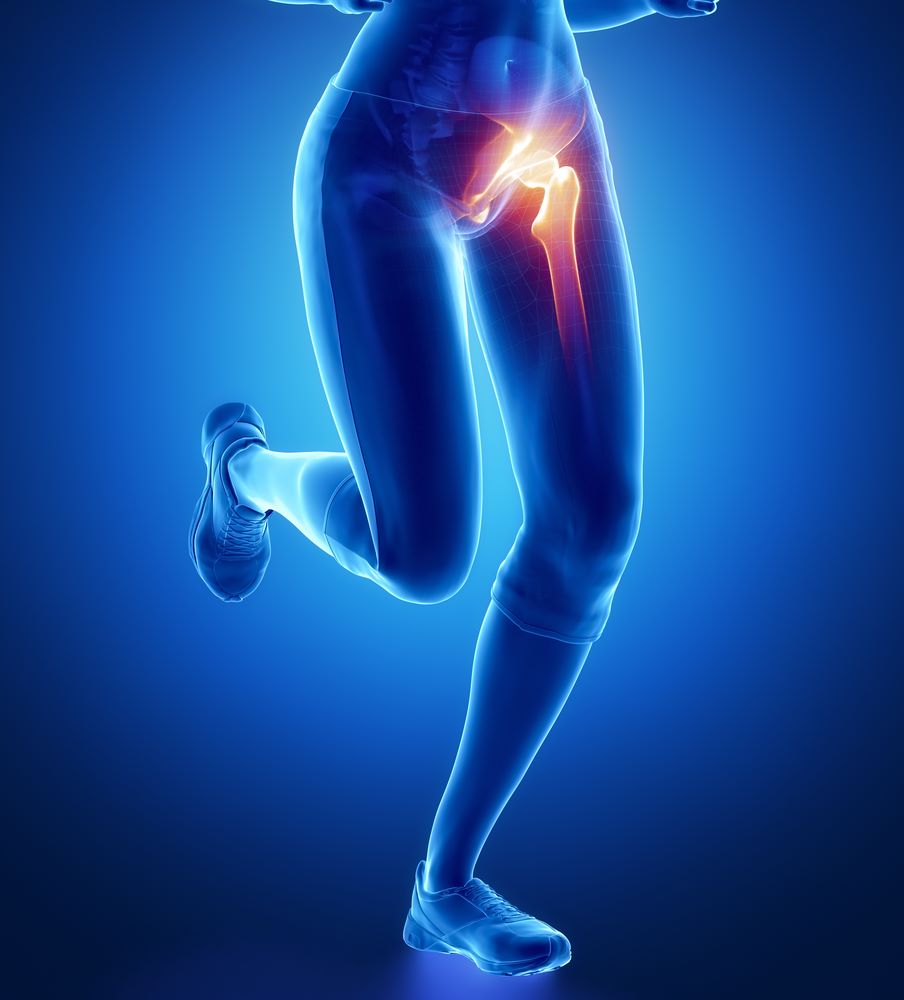Hip Pain
Conditions affecting the hip can be felt in the groin, outer part of the hip, the buttock or down the leg. You can experience hip problems from injuries, falls, sporting activities or you may just develop pain for no apparent reason, irrespective of age. It is important to establish that the pain is arising from the hip as apparent hip pain can be from the lumbar spine or pelvis. JW Phyiostherapy can assess to aid with this diagnosis. It is quite common to find changes to the hip joint or soft tissues (muscles, tendons, bursa) on xray or scans which may not be the source of your symptoms, this is why it is so important to be assessed as well to make a clear diagnosis.
Some common hip conditions...
- Hip osteoarthritis
- Hip replacements
- Hip impingement
- Labral tears
- Trochanteric bursitis
- Gluteus medius tendinopathy
- Groin strain
- Adductor tendinopathy

Hip Arthritis
Osteoarthritis of the hip can cause pain and stiffness. It can make everyday functional tasks, like putting shoes and socks on difficult. It can cause pain at night leading to sleepless nights. Even in severe cases of arthritis on x-ray physiotherapy can help ease the symptoms and promote function. It might be tempting to avoid exercise especially when you are in pain but resting too much can make the pain and stiffness worse. By strengthening the muscles around the joint, the joint will be better able to manage the arthritis and lead to less pain. The important thing is to start slowly and gradually build exercises up
Gluteal tendinopathy
The gluteal muscles are the bottom muscles. It is quite common to get irritation and pain around the tendon of these muscles. You will then generally feel pain in the outer part of your hip. It can be as disabling as hip arthritis. Some symptoms that you might experience are...
- Pain when lying on the affected side
- Pain when standing on one leg
- Pain when walking
Physiotherapists have commonly used exercise and education to treat this condition. A recent study published in 2018 in the British Medical Journal has shown education and loading exercises to be superior to corticosteroid injection or just leaving it alone. JW Physiotherapy can guide you through a rehabilitation programme to help settle your symptoms.
